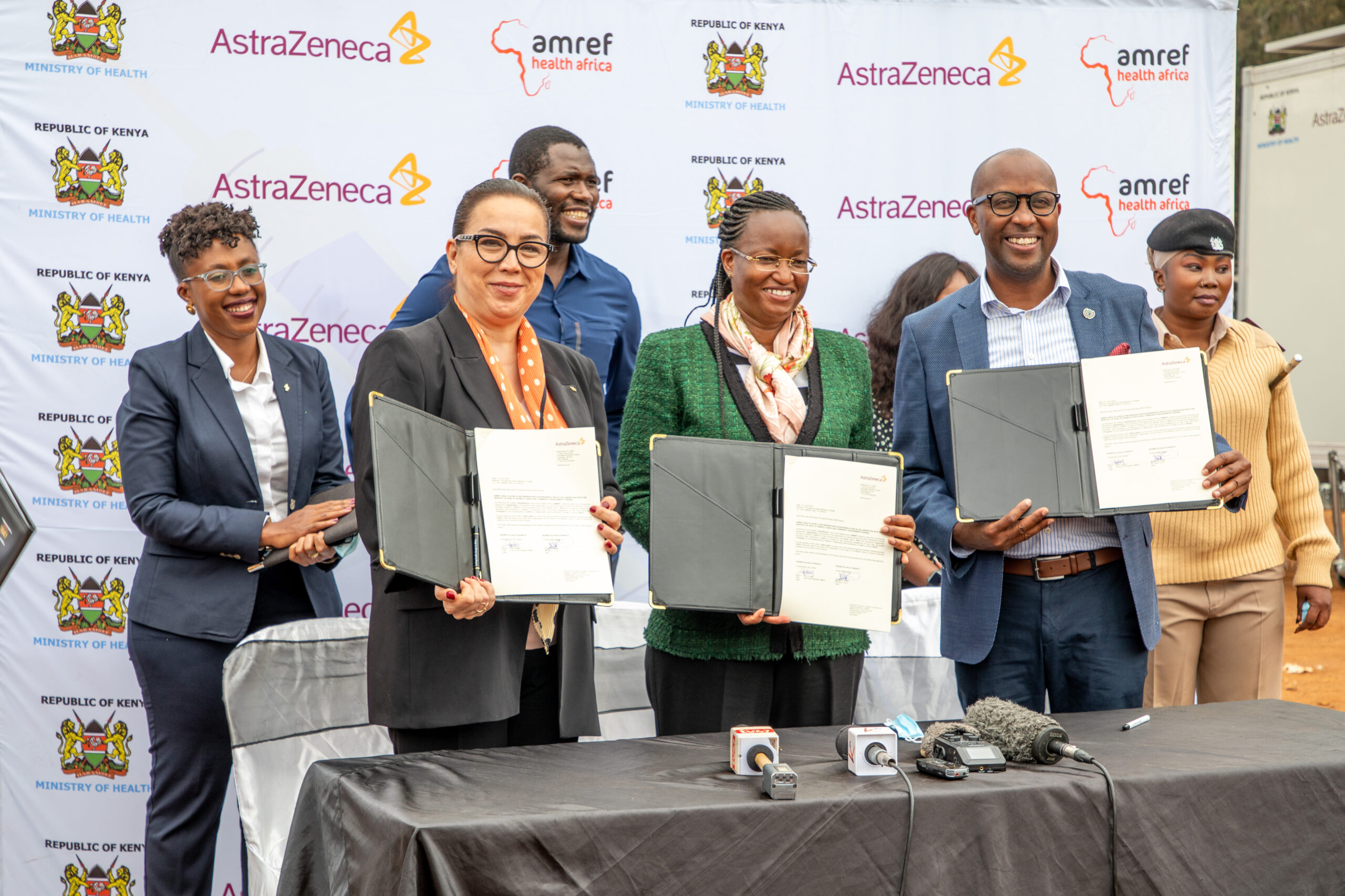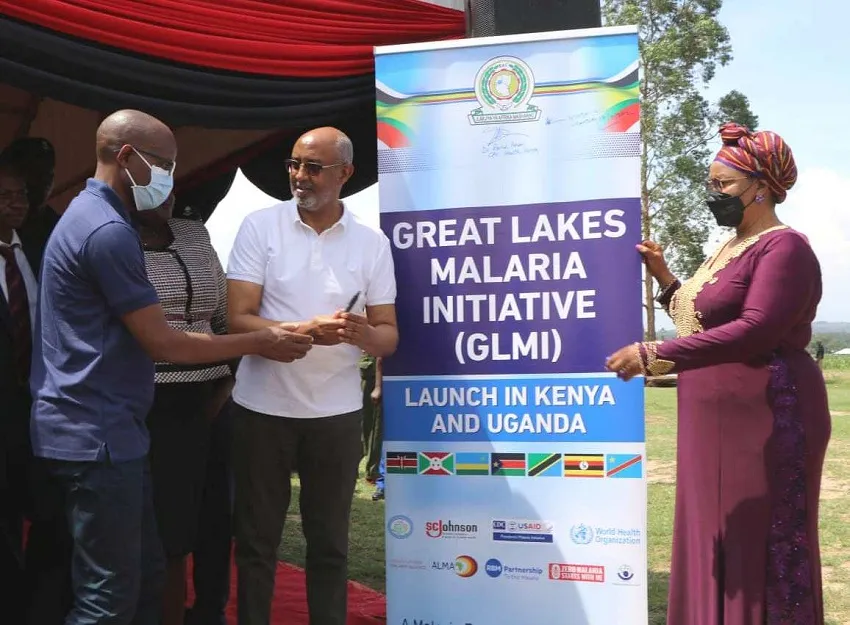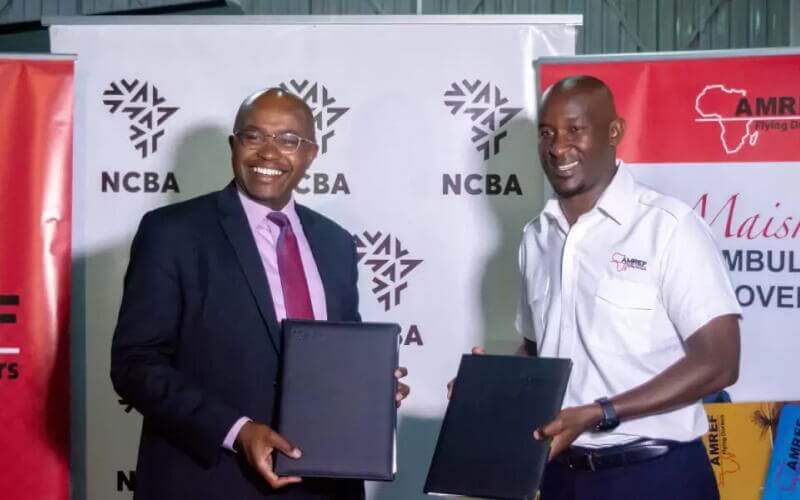Everything Looks Beautiful From Behind a Smile
Monday, 10 April, 2017


Culture, though beautiful, can be enslaving even for the most liberal of minds. It limits our perceptions and shapes our attitudes. It can pick out the worst even in the best of situations. Hawaro Esayiyas and his family have been more than acquainted with this concept.
Seven years ago, in a small village near Butajira town, 300km from Addis Ababa, Ethiopia’s capital, Esayiyas and his wife were blessed with a baby girl. However, their jubilation was cut short by shock and frustration that seemed to numb the hands of time. Even their love could not allow them to see through the deformity of an angel’s smile. Their baby had a cleft lip.


“We were devastated. How could my wife be responsible for our daughter’s pain?” Esayiyas recounts.
Esayiyas was worried that his daughter would grow up frustrated and lonely.
Two years later, his wife was expectant again. She was very careful not to laugh at anyone, although she knew that she had not laughed as previously accused.
“I was vigilant and very self-conscious all through my pregnancy. I did not want to make a mistake,” she says.
Happily, their second child was normal.


“People said that our family had been cursed, I had to walk around knowing people were saying nasty things about my flesh and blood. It was horrible,” Esayiyas remembers.
Luckily, the doctor that attended to the birth of their third child had assured the family that the condition was normal and rectifiable at the town’s hospital, for a fee. Although this was good news, it called for money to travel and cover the medical fee, which Esayiyas did not have.
At this point, it felt like all hope was lost. “I did not know what to do. I felt helpless,” he says.
In October 2007, Esayiyas heard on radio that Amref Health Africa surgeons were visiting a hospital close to his village under Smile Train’s When You’re Smiling campaign, giving free surgeries to patients with clefts.
“This was a blessing; both my children got the surgeries that transformed their lives. Not only are they happy, but they can express their joy through beautiful smiles. I am grateful! What can be perceived as a small gesture has transformed the life of my family,” Esayiyas emphasises.
This event has also gone a long way in demystifying the superstitious notions around the causes of cleft lip in their community.
“Now people look at it differently – as a physical condition that can be corrected rather than a curse,” adds Esayiyas.
Amref Health Africa teams up with African communities to create lasting health change.







